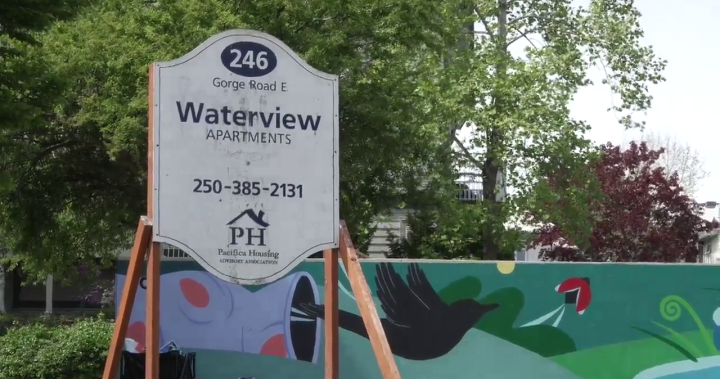The British Columbia government is implementing substantial revisions to the regulatory framework of supportive housing to enhance safety measures for tenants and staff while addressing pressing health and community issues. Central to these reforms is the potential removal of supportive housing units from the Residential Tenancy Act, granting providers greater authority to manage urgent safety concerns, including criminal activities and hazardous situations. These changes follow recent amendments allowing wellness checks and guest policy enforcement, reflecting increased attention to safety risks such as second-hand fentanyl exposure and unmonitored tenant welfare. A multi-stakeholder working group has been established to oversee these developments, ensuring a balance between tenant rights and operational control in approximately 8,000 housing units across the province.
Overview of Proposed Regulatory Changes
The proposed amendments to supportive housing regulations in British Columbia seek to remove these units from the jurisdiction of the Residential Tenancy Act. This shift would enable housing providers to implement more direct and timely interventions in situations that threaten the safety of residents and staff. By doing so, providers could respond more effectively to issues such as criminal behavior or hazardous living conditions without the procedural delays that currently exist under tenancy law.
Enhancing Safety Measures
These reforms build upon recent legislative changes that introduced protocols for wellness checks and more stringent guest policy enforcement within supportive housing. The government’s attention to safety has been partly motivated by concerns over second-hand fentanyl exposure, which poses significant health risks to tenants and staff alike. Enhanced safety measures aim to mitigate such risks by facilitating closer monitoring and quicker response to potential dangers.
Stakeholder Engagement and Oversight
To guide the implementation of these changes, the B.C. government has convened a multi-stakeholder working group. This group includes representatives from tenant advocacy organizations, housing providers, health authorities, and law enforcement agencies. Their mandate is to ensure that the new regulatory framework fairly balances tenant rights with the need for effective operational control, promoting both safety and dignity within supportive housing environments.
Scope and Impact
The reforms affect approximately 8,000 supportive housing units across British Columbia. The government anticipates that the increased authority granted to providers will lead to improved living conditions and a safer environment for vulnerable populations residing in these units. The changes also reflect a broader commitment to addressing the complex interplay of health, safety, and social challenges in supportive housing.
Next Steps and Implementation
The proposed changes are currently subject to public consultation and legislative review. Following these processes, the government plans to implement the new measures in phases to allow for adjustments based on feedback and operational experience. Authorities emphasize that tenant welfare remains a priority and that safeguards will be maintained to protect residents’ rights throughout the transition.
In summary, the British Columbia government’s proposed revisions to the supportive housing regulatory framework represent a significant step toward enhancing safety and operational responsiveness within approximately 8,000 housing units across the province. By potentially removing these units from the Residential Tenancy Act, the reforms aim to empower housing providers with greater authority to address safety concerns promptly while maintaining a careful balance with tenant rights. The establishment of a multi-stakeholder working group and the phased approach to implementation underscore the commitment to collaborative oversight and ongoing evaluation. As the changes progress through public consultation and legislative review, the focus remains on improving living conditions and safeguarding the wellbeing of vulnerable populations in supportive housing environments.

